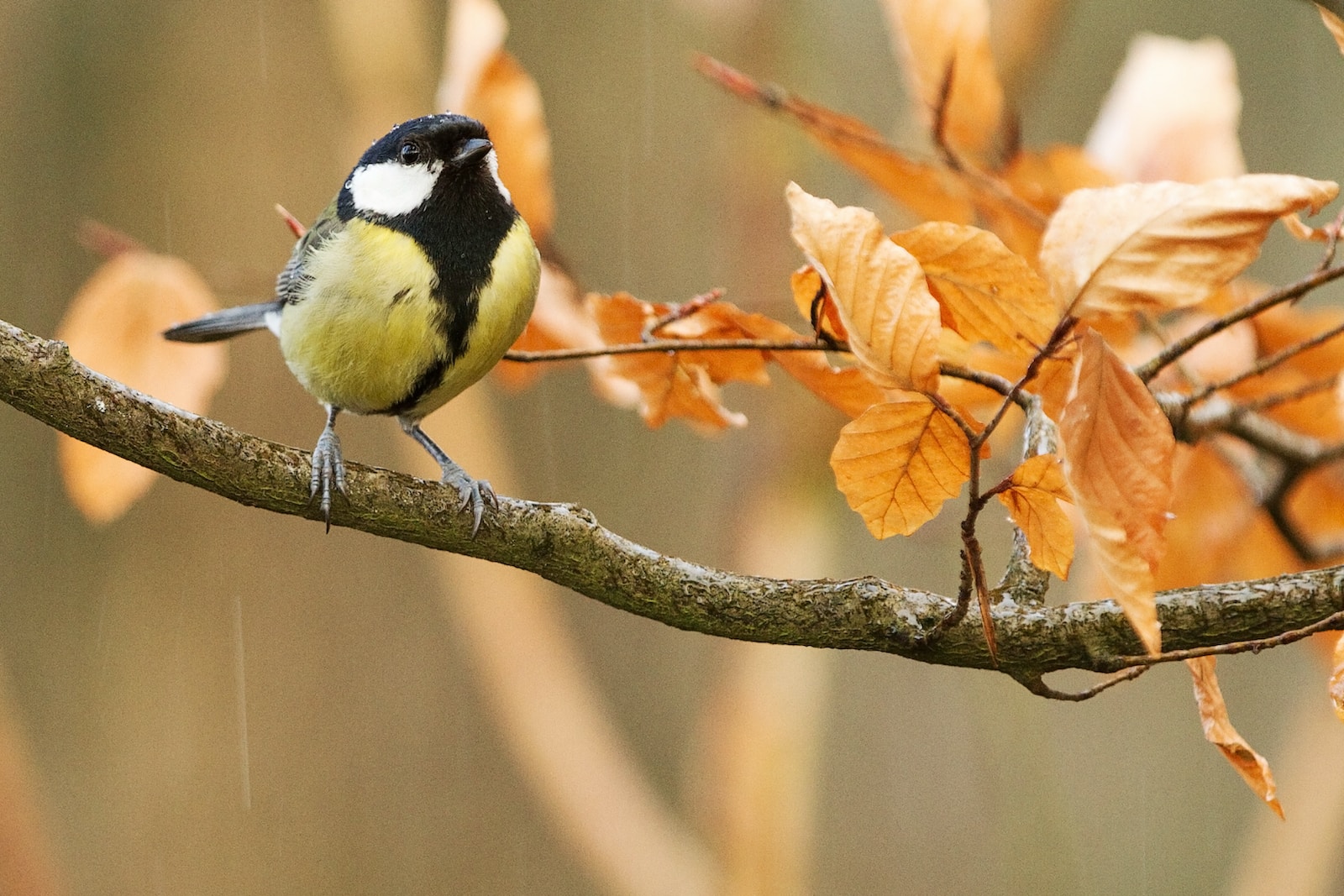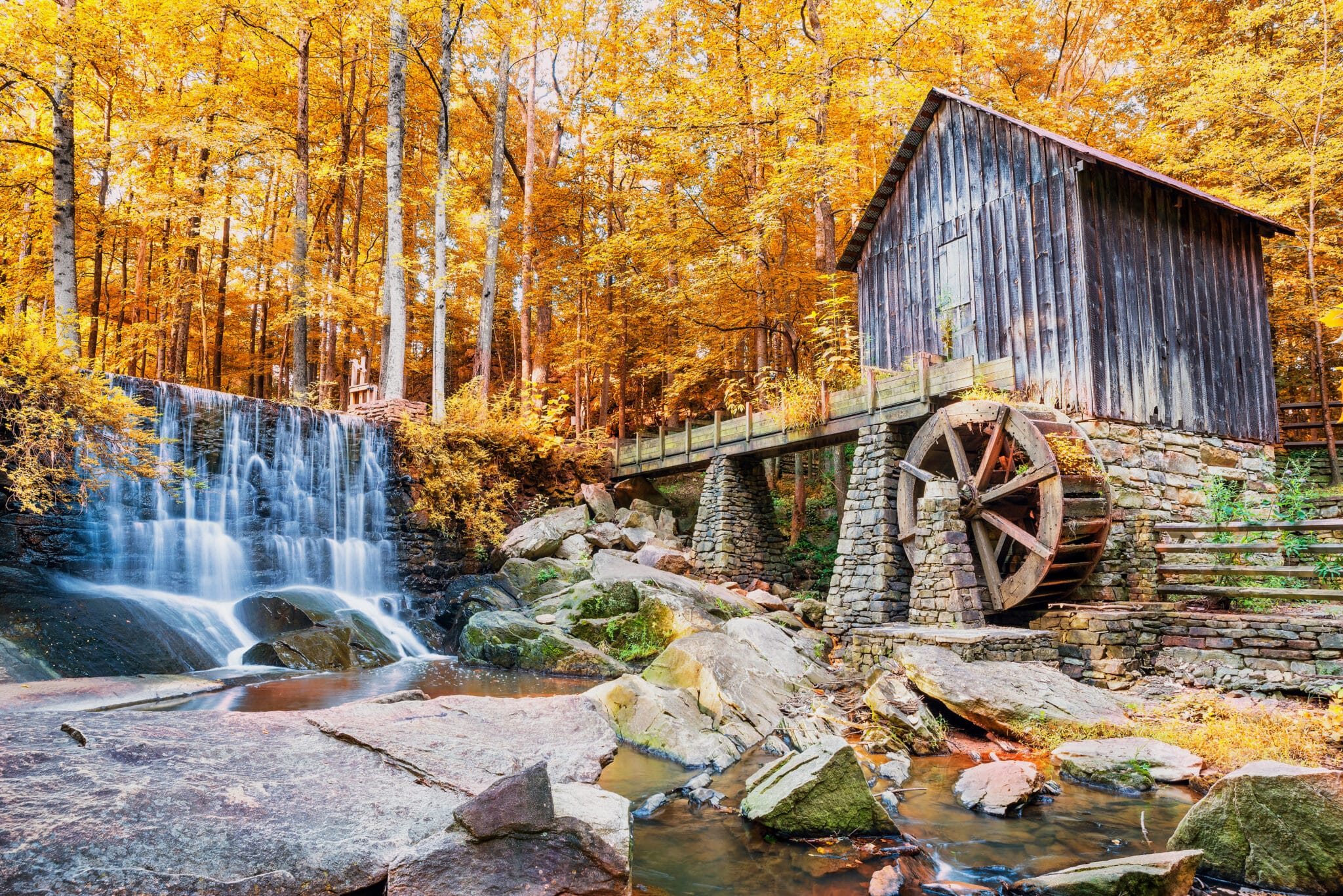The birds that call Georgia home, including hooded warblers, tufted titmice and common grackles, will not be changing their signature tweets, squawks, chirps or peeps, but a well-known group dedicated to protecting the state’s favorite feathered friends is adopting a new moniker amid scrutiny of its former namesake’s racist acts.
The name “Georgia Audubon” is going the way of the dodo, but the organization is not. The group’s board of directors announced Thursday they will be rebranding to “Birds Georgia,” but their goal of defending wild birds and their habitats will remain.
“While we may be changing our name to Birds Georgia, we are not changing our mission or the critical work we do to protect birds across the state,” said Board Chair Paige Martin. “The Board of Directors listened to the feedback we received and felt that Birds Georgia more intuitively states who we are and what we do. The new name is also more welcoming to people from all backgrounds. At a time when birds need our help more than ever, we do not want our name to be a barrier for anyone who would like to join in our work building places where birds and people thrive.” The logo for Birds Georgia, formerly Georgia Audubon
John James Audubon, born in 1785, was known as a brilliant naturalist and painter of wildlife, but he was also a slaveholder and white supremacist who spoke out against emancipation.
Birds Georgia said the decision came after a renaming task force spent six months researching and reaching out to stakeholders.
Recent years have seen debates over renaming reminders of racist people and institutions, usually in the form of streets, buildings and monuments. Proponents of ditching the Audubon name say it promotes antiracism in the conservation and naturalist spaces, which are often described as unwelcoming to nonwhite outdoors enthusiasts.
“Audubon enslaved people. He bought and sold humans like horses,” wrote J. Drew Lanham, a Black ornithologist and birdwatcher for a 2021 article in Audubon Magazine. “That is evidence enough to recast the hero into a different role. The organizations bearing Audubon’s name must press forward in this new light and decide who and what they want to be. Most of their members are white people with enough disposable income to dump into the coffers of overwhelmingly white-led organizations who have no need or desire for John James to be anyone other than the myth.”
According to Birds Georgia, other independent Audubon chapters have changed their names, including Seattle, Portland, Madison, Chicago, Golden Gate, Detroit and Washington D.C, with others expected to join them.
Some birds could be getting name changes soon as well. Last month the American Ornithological Society announced plans to change the English name for all birds named after people, starting with 70 to 80 species in the U.S. and Canada.
But not all birds of an Audubon feather are flocking together on this one. Earlier this year, the Board of Directors of the National Audubon Society voted against removing Audubon from its name.
In a letter to supporters, Audubon CEO Elizabeth Gray pledged to dedicate $25 million to expanding diversity but said the well-known name is a symbolic asset.
“Regardless of the name we use, this organization must and will address the inequalities and injustices that have historically existed within the conservation movement,” she wrote.
“I understand people may be wondering how that is possible if Audubon remains in our name. That is a question the Board has grappled with, and ultimately, they decided that the organization transcends one person’s name. ‘Audubon’ has come to symbolize our mission and significant achievements that this organization has made in its long history.”
According to the society, state level Audubon societies began to form in the late 1800s, decades after John James Audubon’s death, and joined together in a loose national organization in 1901.
Birds Georgia has had a few name changes in its history. It was established in 1926 as the Atlanta Bird Club, voting to become the Atlanta Audubon Society in 1972 and Georgia Audubon in 2020.
Birds Georgia hopes to build on the work it has done under those old names, said Executive Director Jared Teutsch, but modern bird problems will require a coalition of ethnicities.
“As we seek to engage the next generation of birders in the critical fight against conservation challenges, we must broaden and diversify the communities we work with across the state. We will be better able to do that as Birds Georgia,” he said.
Whatever you call them, birds are having a rough time of it. One study found that North America’s bird population fell by 29%, or nearly three billion birds, since 1970. The U.S. Fish & Wildlife Service lists six endangered or threatened bird species within Georgia’s borders.
Georgia Recorder is part of States Newsroom, a network of news bureaus supported by grants and a coalition of donors as a 501c(3) public charity. Georgia Recorder maintains editorial independence. Contact Editor John McCosh for questions: info@georgiarecorder.com. Follow Georgia Recorder on Facebook and Twitter.
Disclosure: This article may contain affiliate links, meaning we could earn a commission if you make a purchase through these links.







